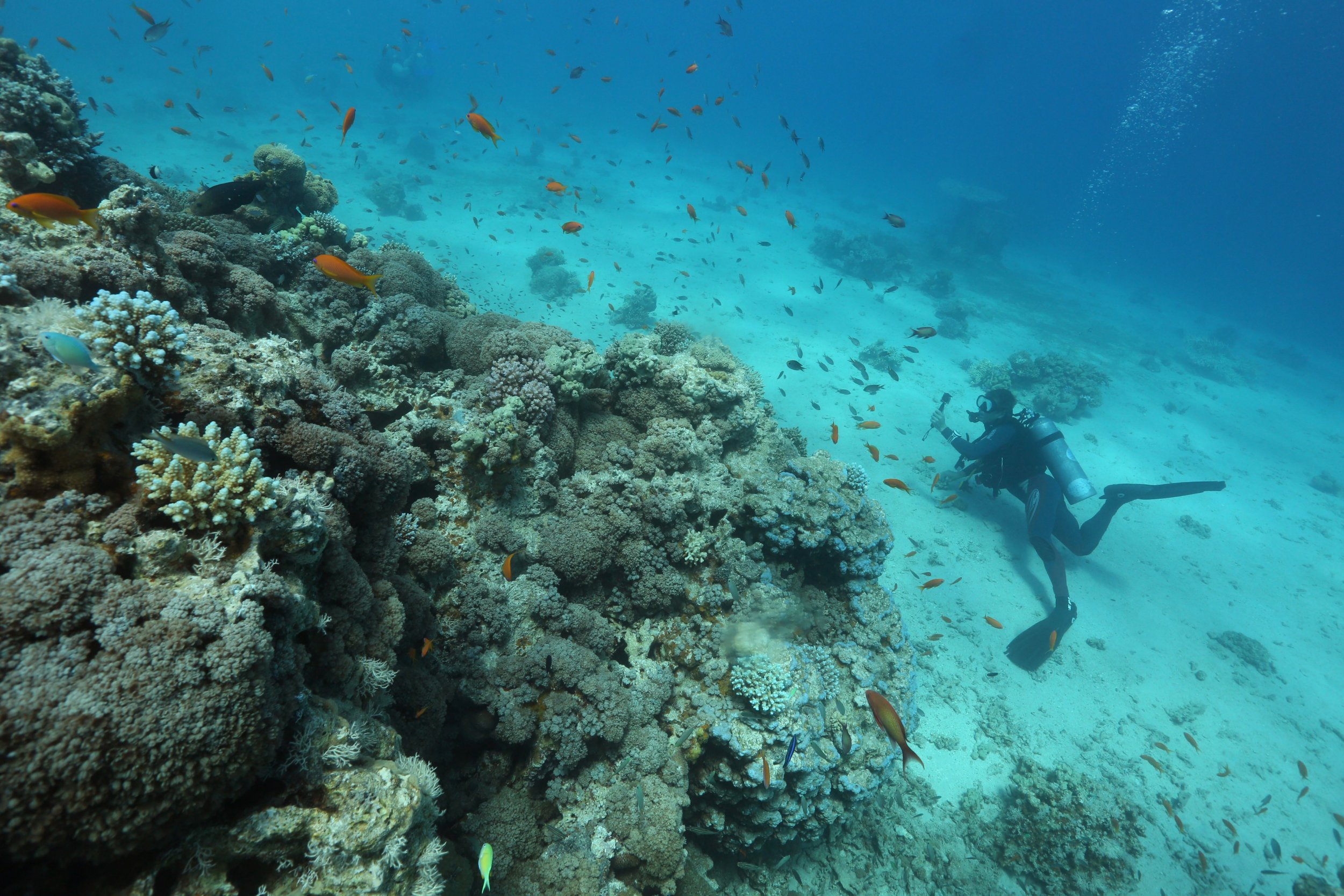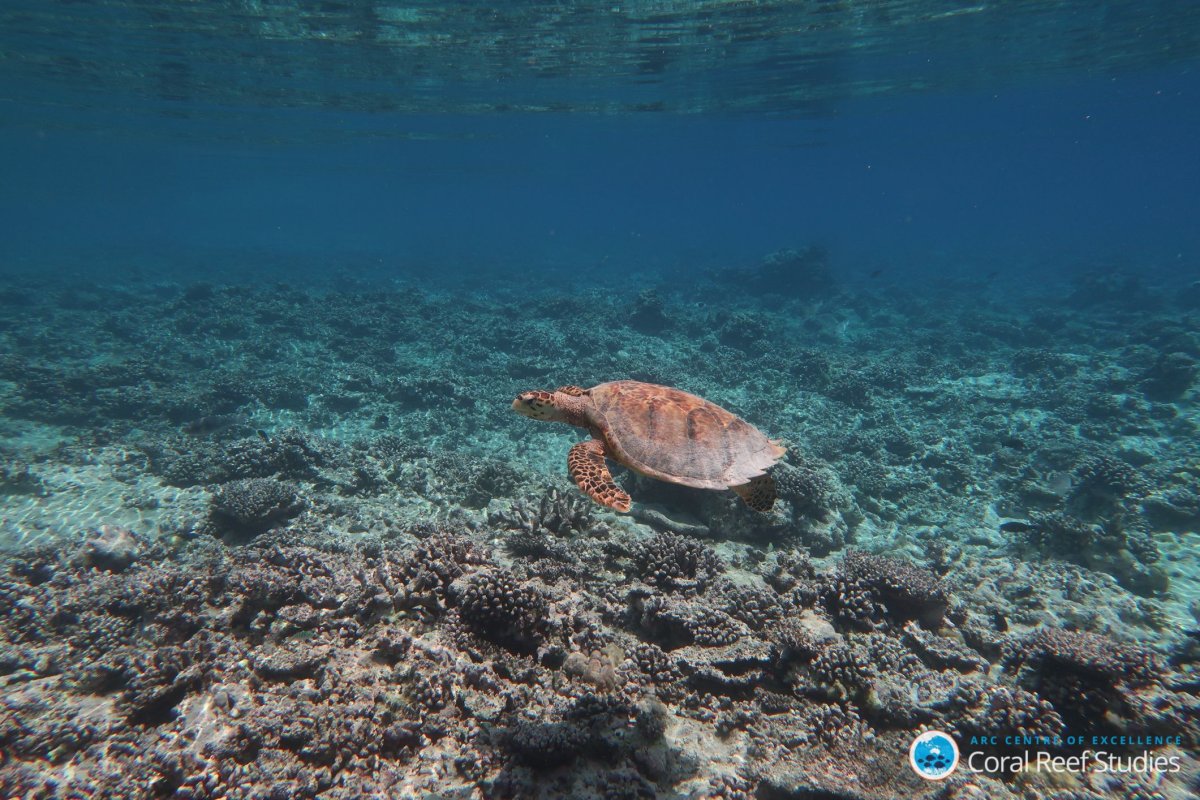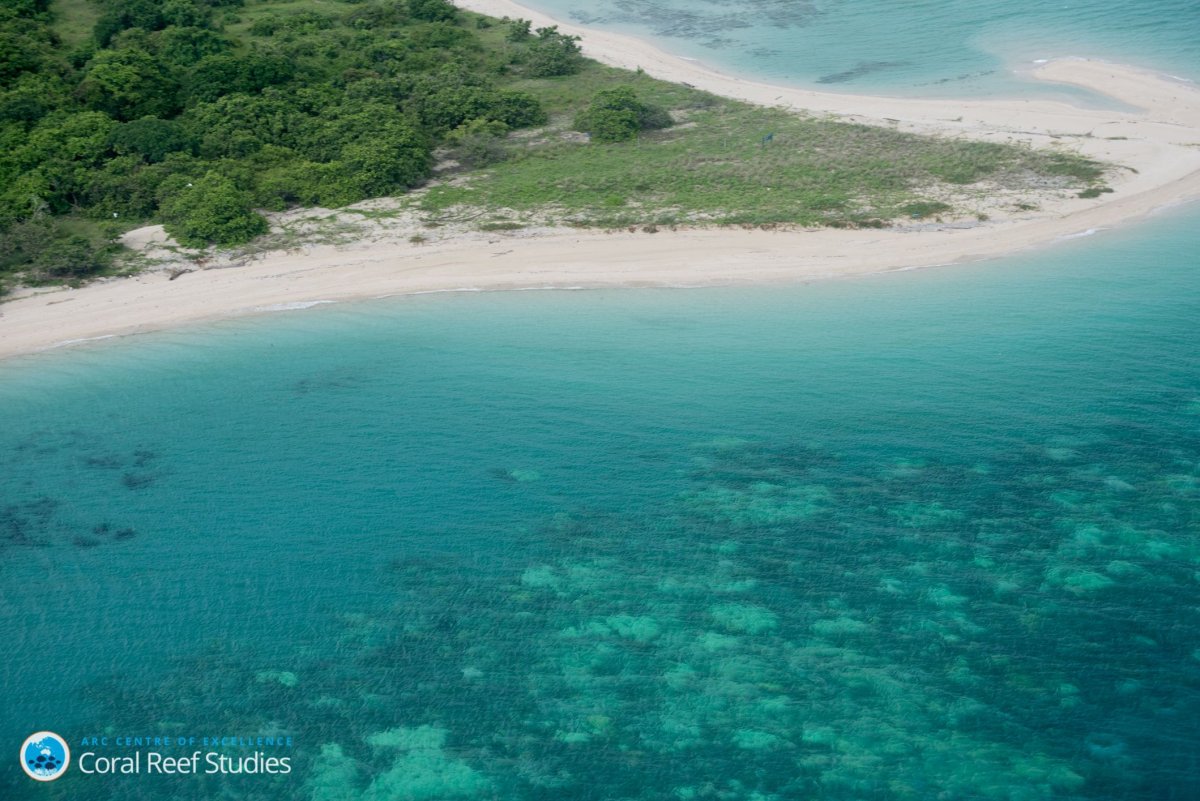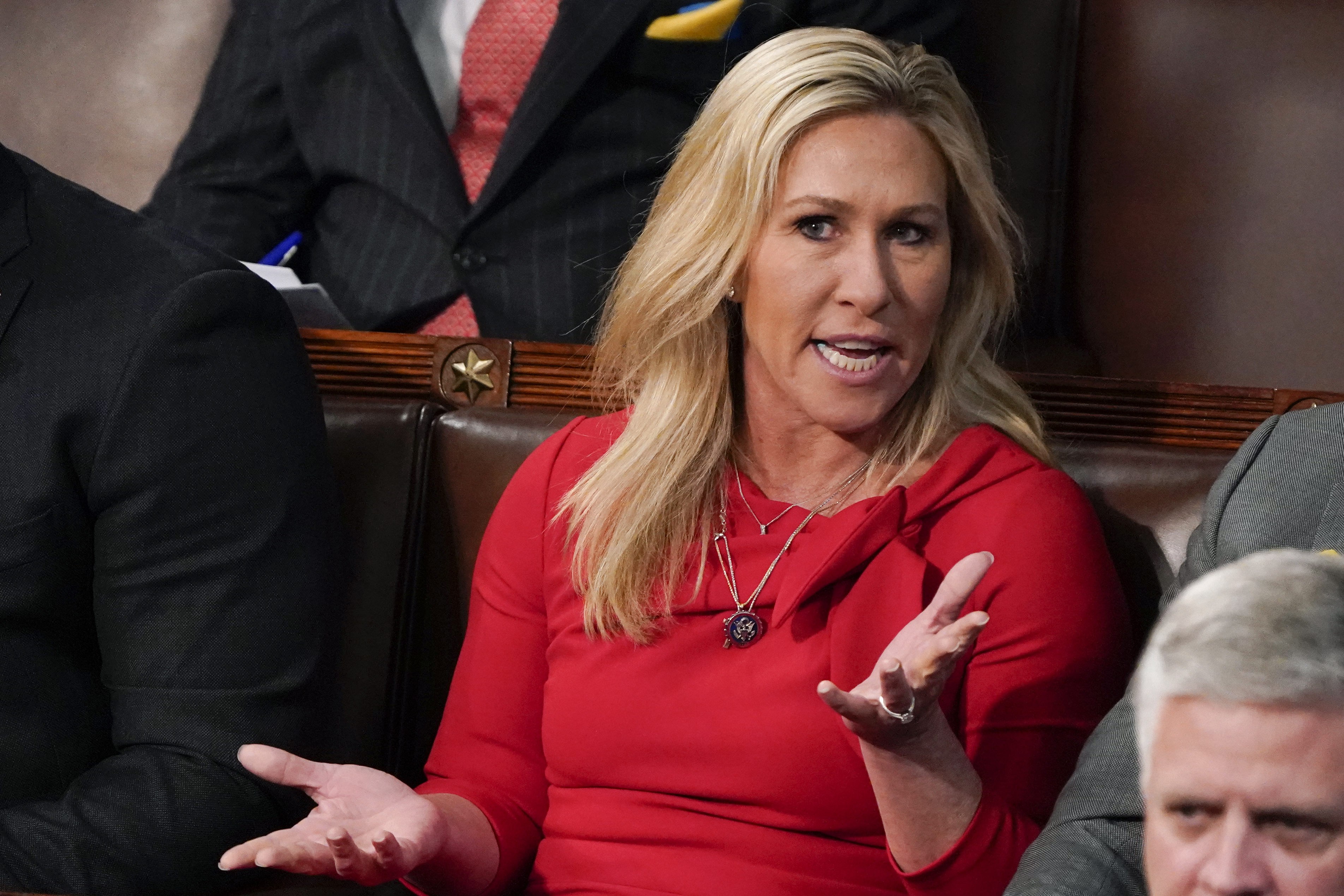
Coral reefs are starving to death, quite literally. Widespread bleaching events have increased dramatically among coral reefs around the world, and scientists are pointing to climate change and warmer oceans as the culprit. The time between bleaching events has decreased fivefold since the 1980s. That shrinking timeframe leaves no opportunity for the reefs to recover.
Coral bleaching is caused by higher ocean temperatures, which starves the coral reefs of their main food source, algae. Sometimes they can recover from the events, but a new study has determined the frequency of bleaching leaves no opportunity to do so.
Losing the Forest
The reef is like a forest, explains Mark Eakin, coordinator of the Coral Reef Watch at the National Oceanic and Atmospheric Administration. The fast, weed-like corals grow much quicker than the larger coral structures, which can take decades to rebuild. And even the fastest growing corals still need 10 to 15 years to return.
But the reefs aren't getting that kind of time. The new findings reveal that bleaching events are beginning to occur every six years. That doesn't leave much room for corals to regrow back to their original size.
"You're losing your forest, and you're gaining back shrubs," Eakin, a co-author on the study, told Newsweek. "There's just no time for these systems to recover."
A Fivefold Change
Researchers, led by Terry Hughes, director of the ARC Centre of Excellence for Coral Reef Studies at James Cook University, analyzed bleaching records at 100 sites across 54 countries from 1980 to 2016. According to their findings, published in Science on Thursday, the time between bleaching events has decreased fivefold.
Formerly reefs had bleaching events every 25 to 30 years. Since 2010, that timeframe has shrunk to six years, according to the study. The Great Barrier Reef alone has bleached four times since 1998. The timespan of the study included one of the most recent global bleaching events, which was "the first time one of them has lasted more than 12 months," said Eakin.

Spitting Out Their Food
Warming sea surface temperatures are what causes the bleaching, said Eakin. Algae, which is the main source of food for corals, becomes toxic when temperatures increase. As a result, the corals "literally spit them out," by ripping out their own cells that were absorbing nutrients from algae.
Spitting out the toxic algae that once fed them leaves the corals damaged and starving. Without time to recover, bleached out corals leave behind an ugly, barren mess that was once the home of a wide variety of marine life. Hughes, the lead author, said in a statement that the increase of bleaching events and mass mortality of the corals is the "new normal."
Corals provide a habitat for some of the most diverse marine wildlife in the world. Eakin said the "rain forest folks" and "coral folks" are still debating which takes the top spot, but there is no question that dying reefs would devastate communities that rely on them. The value of coral reefs is estimated at $172 billion per year, according to the Smithsonian's National Museum of Natural History. From the fishing industry and food sources to tourism and shoreline protection, bleaching events threaten all of that, according to Eakin.
"When corals bleach, they've lost their color," Eakin said. "But more importantly, they've lost their primary food source."
Historically, bleaching events occurred regionally during El Niño events. This phenomeon, part of the El Niño-Southern Oscillation climate cycle, is natural. But sea surface temperatures have been warming during La Niña, El Niño's cooler counterpart. According to the study, La Niña events today are warmer than El Niño events were thirty years ago. This shift means that corals are no longer protected during what used to be a guaranteed recovery period for the reefs.

Even just a small temperature rise could put added stress on the corals.
"With corals, it doesn't take very much warming to stress them out," Julia Baum, co-author and biology professor at the University of Victoria, told Newsweek. For instance, one degree Celsius may not sound like much, but Baum likens it to having a fever.
"Your temperature doesn't need to spike by 10 degrees for you to feel the fever," she said.
Baum, who witnessed mass mortality of corals from bleaching on Christmas Island, a territory of Australia in the Indian Ocean, said the most recent bleaching event brought home the imminent threat that climate change poses to coral reefs. Climate change may seem like a long, slow and gradual process Baum said, but that is far from the case.
Beyond Conventional Wisdom
"If we don't start getting serious about addressing it, we will lose the world's coral reefs in the next few decades," she said. "Climate change is happening now and we need to address it now."
She stressed that it isn't too late to save the reefs, but the world needs to take an "all hands on deck" approach. Those other approaches could include developing heat-tolerant corals, cooling corals manually and reducing stressors such as overfishing, pollution and habitat destruction. The number one approach, however, is reducing greenhouse gas emissions to curb rising global temperatures, she said.
As Eakin described: "It goes beyond our conventional wisdom that all we have to do is make a marine protected area and remove the stressors. That's no longer enough."
SaveSave
SaveSave
SaveSave
Uncommon Knowledge
Newsweek is committed to challenging conventional wisdom and finding connections in the search for common ground.
Newsweek is committed to challenging conventional wisdom and finding connections in the search for common ground.
About the writer
Sydney Pereira is a science writer, focusing on the environment and climate. You can reach her at s.pereira@newsweekgroup.com.
To read how Newsweek uses AI as a newsroom tool, Click here.








